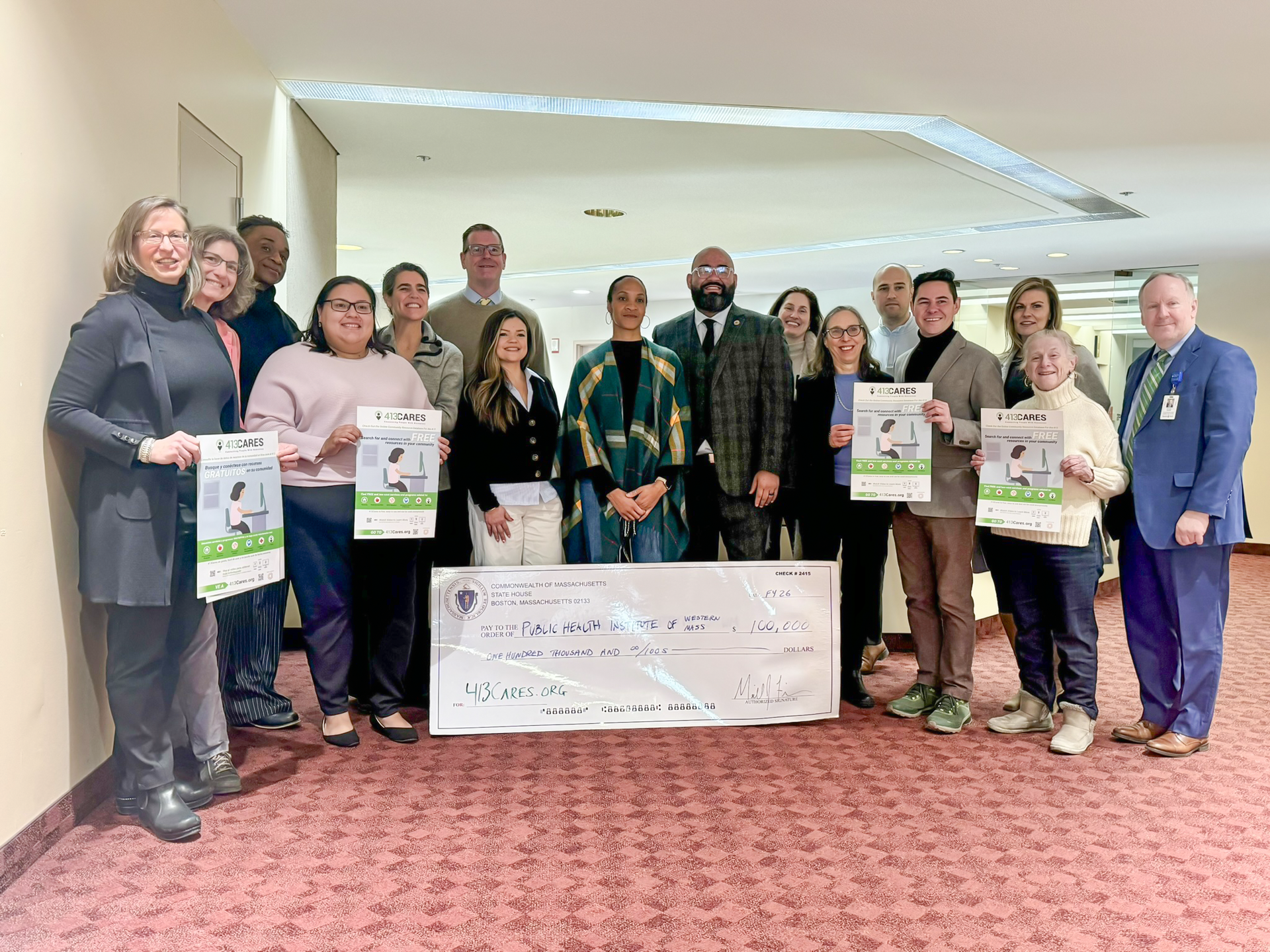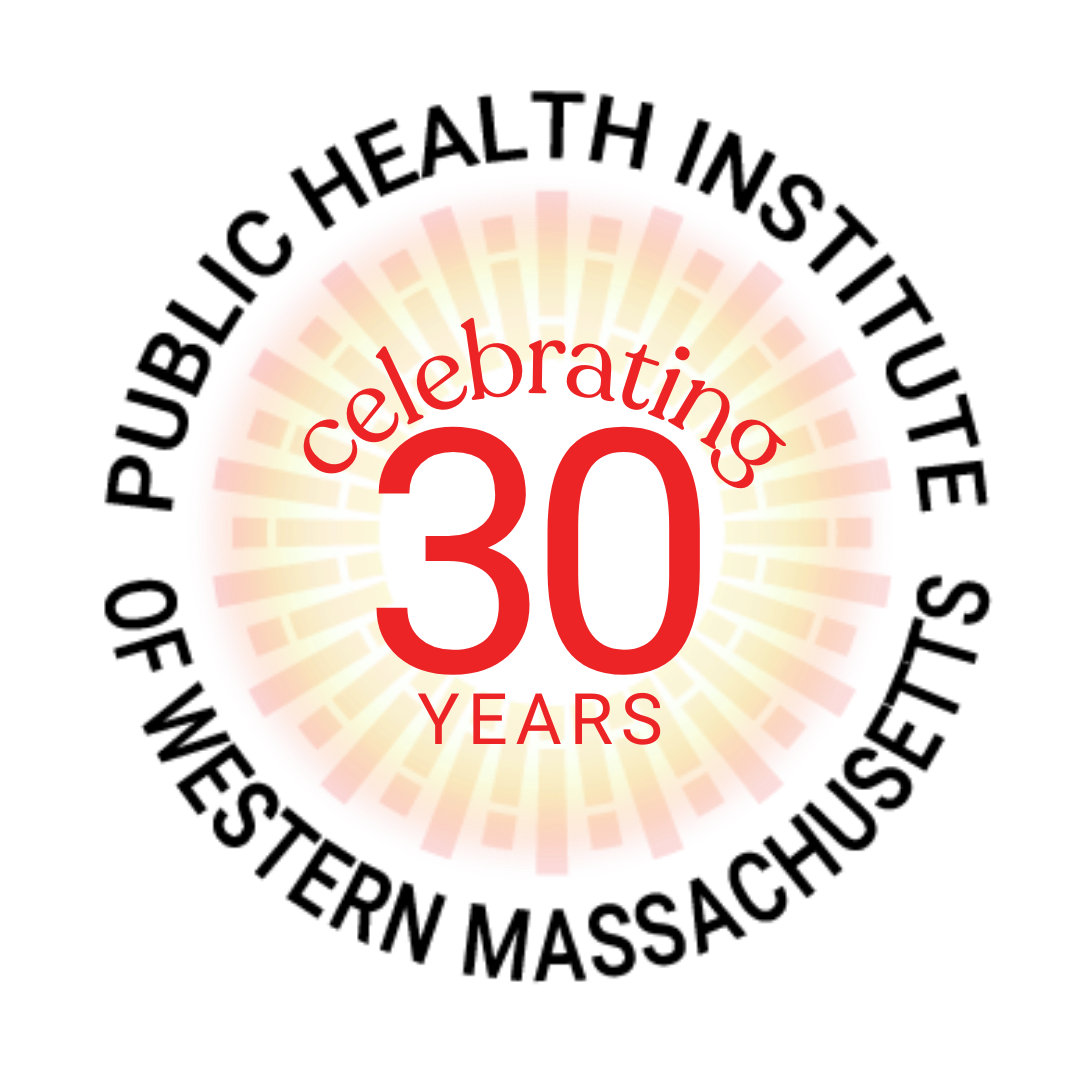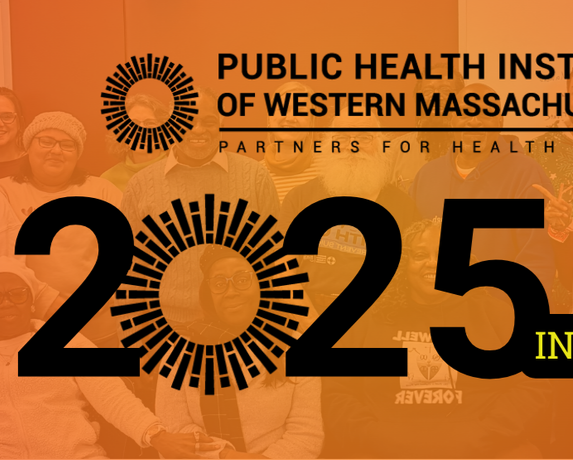Second Chances & Clean Slates
The LiveWell Springfield Age Friendly project with New North Citizen’s Council’s Debra Hunt Center and Men of Color Health Awareness have received a one-year grant from the Point32 Health Foundation to continue changing policies and systems that will support decisions that impact older adults who have criminal records. Our Second Chance Initiative aims to help people who are eligible to seal their Criminal Offender Record Information (CORI) to have more equitable access to housing, jobs, education, and more. This work will focus on three paths concurrently:
- Informing people about when and how to seal a CORI with the help of nonprofit legal clinics;
- Partnering with local housing authorities to clarify who are viable applicants; and
- Advocating for state legislation that would automatically seal CORIs when individuals are eligible so that Paths 2 and 3 are no longer essential.
This work builds on the health impact assessment we conducted with financial support from the Massachusetts Community Health & Healthy Aging Fund and Tufts Health Plan Foundation. We will continue partnering with the New North Citizen Council (NNCC) and Men of Color Health Awareness (MOCHA) in Hampden County, along with the statewide Massachusetts Clean Slate Coalition. Twelve states already have second chance/clean slate laws, and we need Massachusetts to join those ranks to advance health equity and racial justice.
share this
Related Articles




